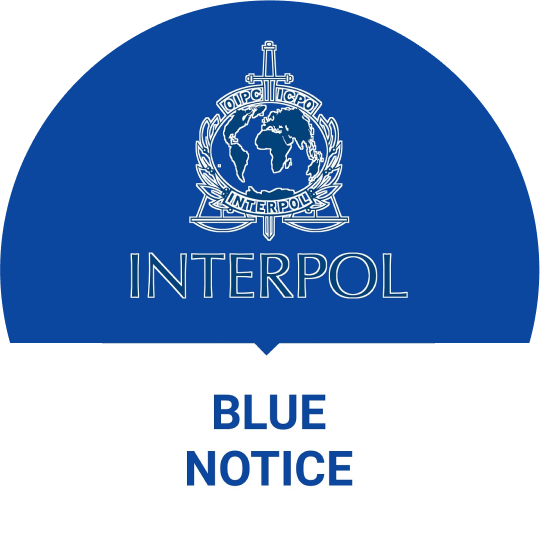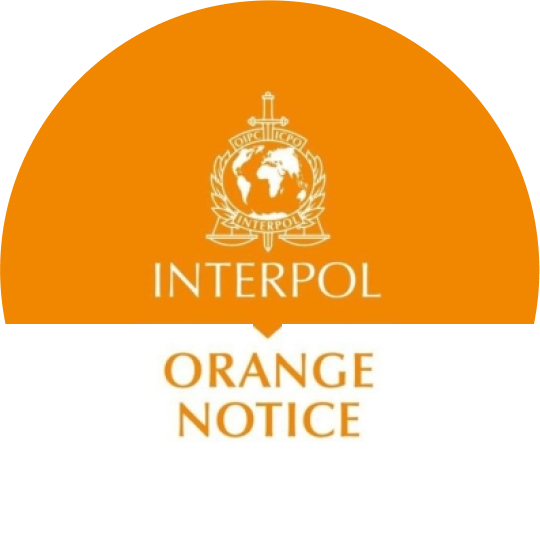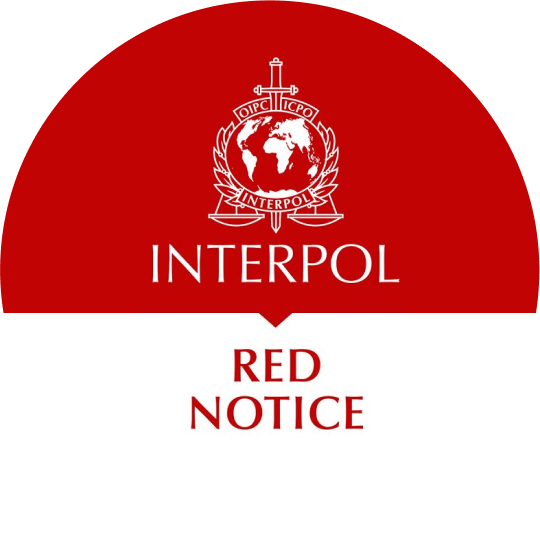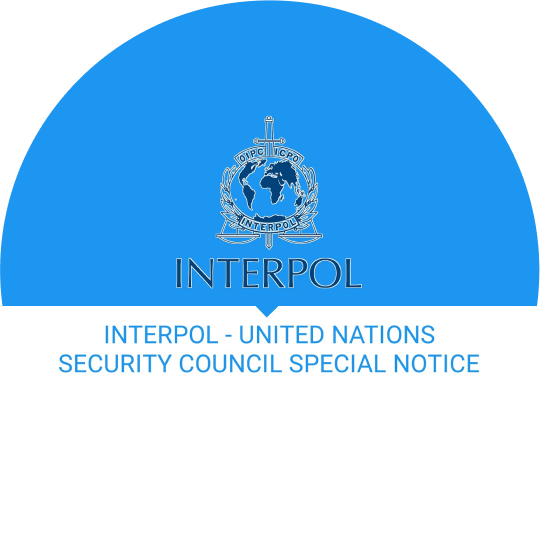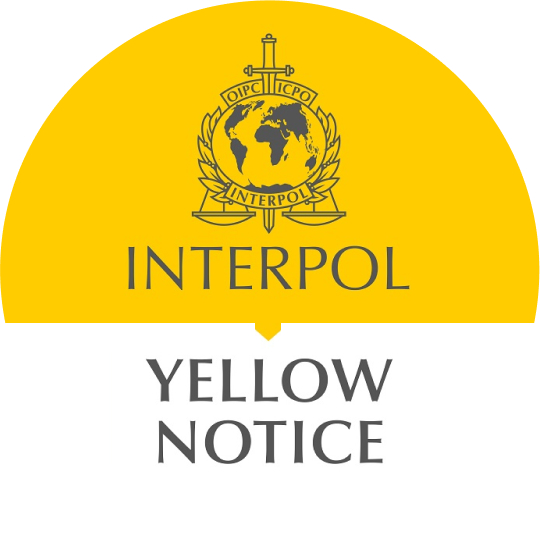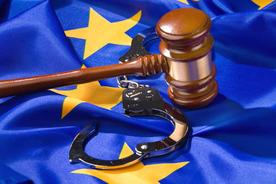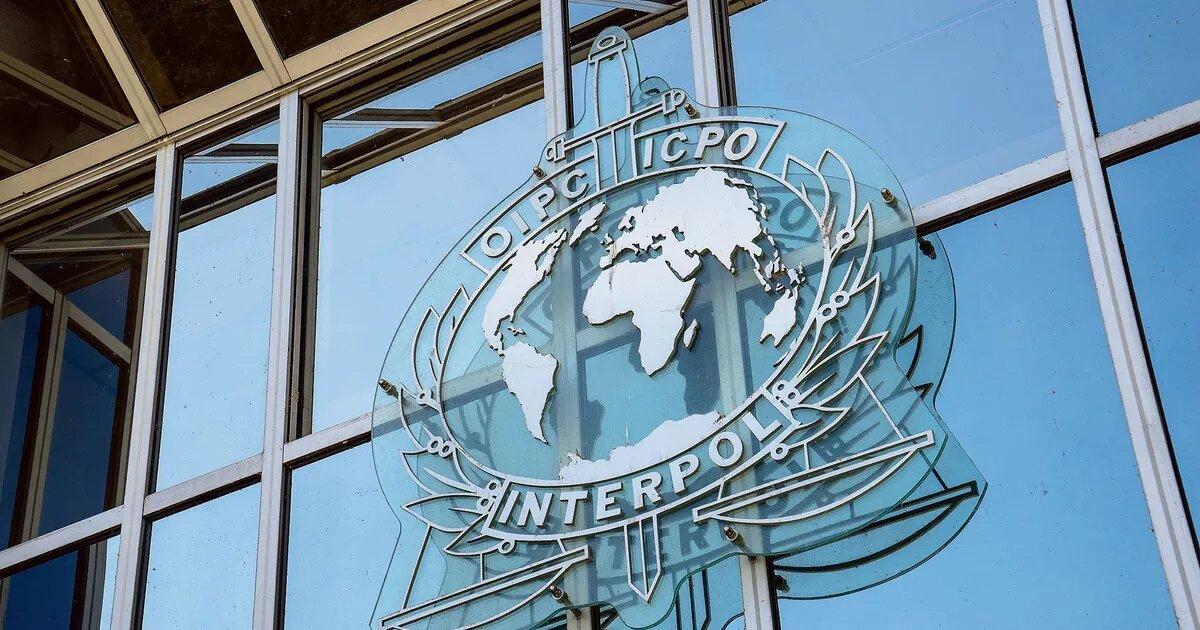INTERPOL is a law enforcement organization. They help countries around the world coordinate investigations and bring criminals to justice.
Because INTERPOL is an international agency, its agents can’t text people directly. Instead, they work with local law enforcement agencies who can contact the person in question and ask them to come in for questioning.
INTERPOL is the world’s largest international police organization, with 192 member countries. Its primary goal is to promote international police cooperation, as well as criminal intelligence exchange.
The organization works closely with police departments in the member country. So, they use the specific country police contact system instead of reaching you directly.
Beware of Scammers Masquerading as INTERPOL’s
INTERPOL is a warning of a scam that uses the organization’s name to trick people into paying for products and services.
The scam involves an email being sent to victims, which claims that they are receiving a message from INTERPOL. The email then asks them to click on a link and follow instructions.
Once they have done this, they become victims of a scammer who is using INTERPOL’s name and logo to encourage them to pay for products or services that are not connected with the organization.
It is important to note that INTERPOL does not offer any products or services online.
Interpol is committed to tracing and eliminating scams used by criminals who exploit a person’s trust in order to obtain money directly or extract confidential information for use in further criminal activity. These may include but are not limited to:
- Phishing, Vishing, and SMShing;
- Telecom fraud;
- Business Email Compromise;
- Romance scams;
- Investment/Boiler room fraud;
- Sextortion.
How to Contact or Reach INTERPOL
To contact INTERPOL, you’ll want to visit the Contact INTERPOL page on their website. There, you can find all of the information you need about how to get in touch with INTERPOL and what they do.
If you’re looking for a specific department or person within INTERPOL, the Contact INTERPOL page will help lead you in the right direction.
You can also use their online form to submit your request for help or information.
The INTERPOL General Secretariat form is also available for users to fill and reach various departments on specific messages, The organization will get back to you once you fill the form.
Lastly, the organization has a page dedicated to educating users on potential scams. The page allows you to report suspected fraud or anyone abusing INTERPOL’s name.
Here you can do any of the following:
- Report crime;
- Give information on wanted criminals;
- Report information on missing persons;
- Ask country-specific questions;
- Contact the Commission for the Control of INTERPOL’s Files (CCF) if you think that INTERPOL has information about you in its files or wish to challenge data held by the organization;
- See the Careers section for vacancies if you wish to work for INTERPOL.
Fraud Alert
INTERPOL doesn’t get in touch with private individuals to solicit personal details. Communication from INTERPOL is exclusively with lawful enforcement authorities. INTERPOL has noted the existence of emails and phone calls from people presenting themselves as officials or agents of INTERPOL, seeking personal or financial information. They typically insinuate that they are confirming data or extending protection. These messages can also contain threats of the citizen being classified as a criminal if they don’t comply.
If you received an email or a phone call from anyone purporting to represent INTERPOL and asking for personal or financial information, you should disregard this request. It’s advised not to release any personal or bank account-related information. If, perchance such data has been shared, you should immediately contact your local law enforcement agency to establish the necessary steps forward.




